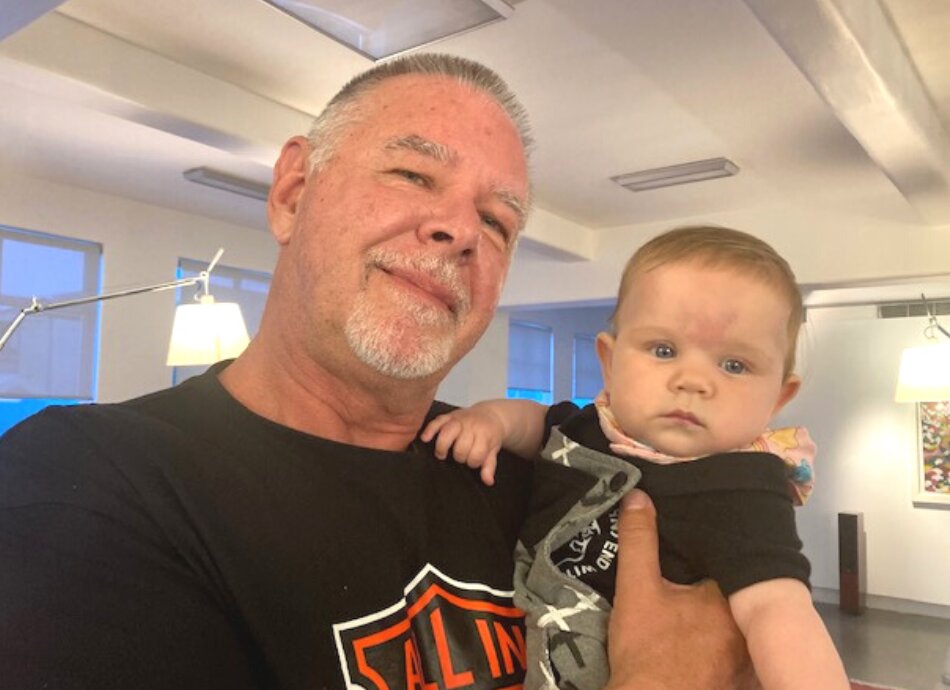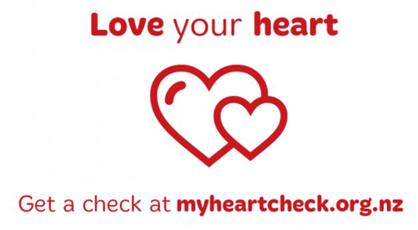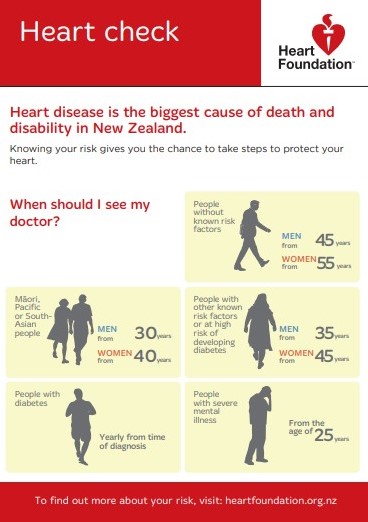A heart risk assessment is an estimate of how likely you are to have a heart attack or stroke in the next 5 years. You will get a percentage score such as 10%. This means that out of 100 people with the same risk factors as you, 10 of them will have a heart attack or stroke in the next 5 years.
The score is calculated by building a risk profile based on a series of factors including:
- age
- gender
- ethnicity
- cholesterol levels
- smoking history
- blood pressure
- family history of an early heart attack or stroke and other conditions
- medical history – past or current heart problems, atrial fibrillation (AF), diabetes, kidney disease or stroke.
Some of these factors you can't change, but there are many that you can. That means the choices you make every day do matter. Over time, what you eat, drink, do and how you live increases or decreases your risk of heart disease and stroke.










